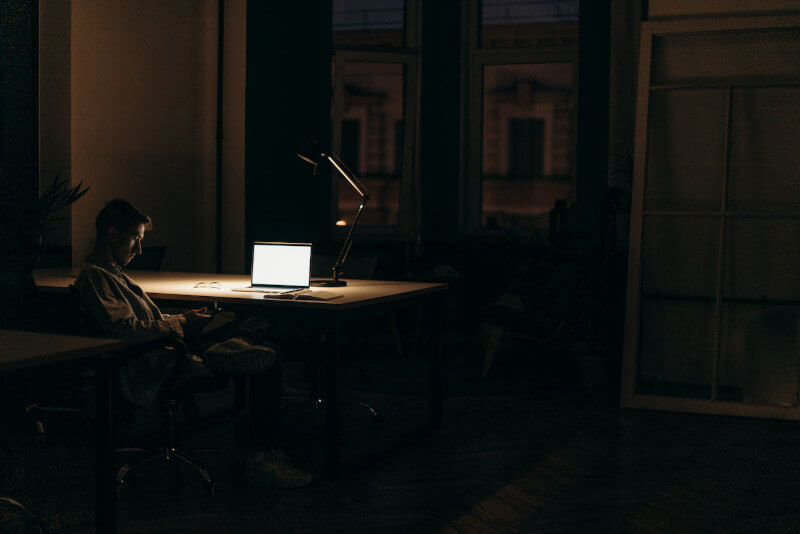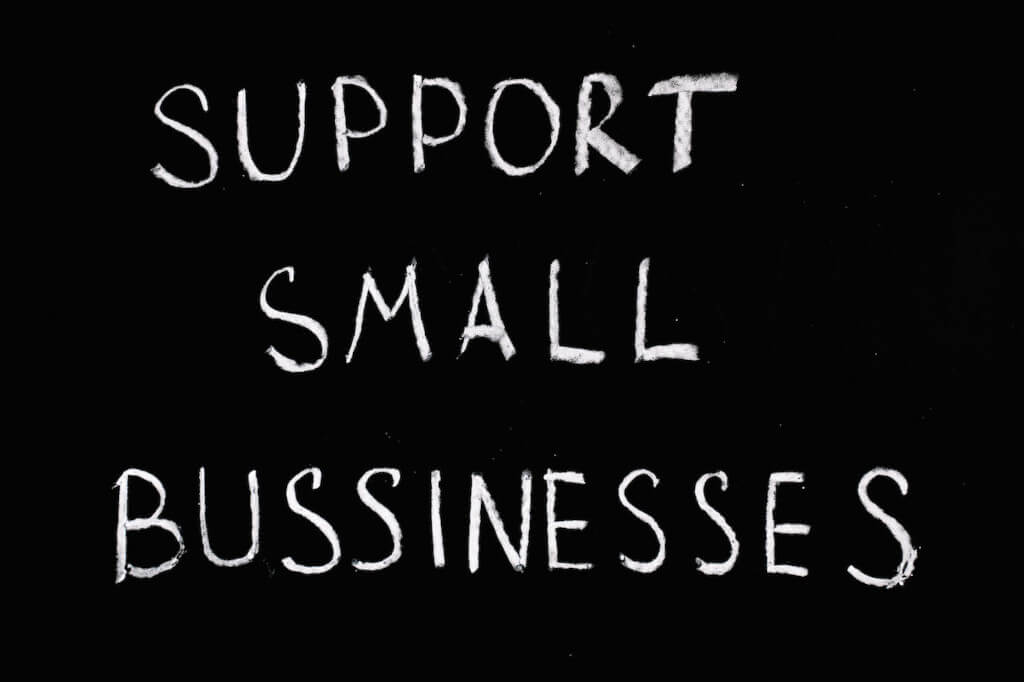Creating A Freelancing Space
People who are not connected to a main office can avoid feeling rootless by finding places to work that shield them from the stresses and interruptions that come from the outside world. Even though many people claimed that their work could be done anywhere, it appeared that they all had a place to go to get away. One of the authors that we spoke with told us, “People are failing because they don’t create a time and space to accomplish whatever it is that they must do.”
We traveled to many of these locations in person, during which time we observed many shared characteristics among them. They have the impression that they are hemmed in, which, in the case of some artists, can be quite distressing. They provide easy access to the equipment that is necessary for the owner’s trade, but not much else.

People typically leave them once they have completed their duties for the day because they are committed to their work. One software engineer who works from home and whose space includes all of these elements likened it to a “fighter pilot cockpit,” referring to the fact that everything he requires is within easy reach. He explained that there are times when the environment feels claustrophobic; however, “when I’m there, the open space is in my mind.”
Despite these similarities, every single workspace is one of a kind, featuring a location, furniture, materials, and décor that are tailored to the specific needs of its owner and the nature of the work they do. These locations are not merely safe havens for the working self; rather, they also evoke that aspect of that self. Jessica, an independent contractor, originally told us that she could perform work “wherever I show up and am doing something that has positive effects on the world.”
Ultimately, she did admit that her home office is where she ends up going to eliminate distractions and drawing inspiration. She is constantly surrounded by her actual and potential initiatives, which are arranged in piles that are visible and reachable to her. She shared with us that “when I walk through that door, I step into a room that encompasses all of the diverse facets of myself.” “That location makes me feel right at home,” Jessica explained that if she did not have access to that location and the space that it affords her, then she would likely be oversensitive to the demands made by others, which would make her less concentrated and free.
Always Keep Your Routine
When we think of organizations, we typically think of safety or tedious bureaucracy. However, an increasing number of studies have demonstrated that high-level athletes, science-brainiacs, mainstream artists, and even everyday employees use routines to improve their ability to concentrate and perform better. The experts with whom we spoke rely on them in a manner not dissimilar to the one described here.
Keeping a timetable, following a to-do list, starting the day with the most difficult task or with a call to a client, leaving a paragraph incomplete in an unfinished manuscript to make for an easy start the following day, and clearing the studio floor while reflecting on a new piece are examples of routines that improve people’s workflow.
Other routines, which typically involve sleeping, meditating, maintaining a healthy diet, or exercising, are ways that people incorporate self-care into their working lives. Both kinds frequently include some sort of ritual that helps people feel more in charge and order when they are confronted with unpredictability.

One of the consultants that we interviewed starts her day with a bath, during which she thinks about her goals for the day and visualizes how she will achieve them. Another consultant, Andrew, who specializes in assisting boards of directors in concentrating on innovation, maintains a stringent daily schedule that consists of the following: “I get up at six in the morning, and there’s exercise. I am in charge of making my wife’s lunch.
She leaves the house sometime around 8:00. I get to my office by 8:30 every morning, and first thing, I focus on projects that require more in-depth thought, such as designing or writing. That is when I perform at my highest level. Then, in the afternoon, I make plans for phone calls, as well as additional tasks related to business or finances that need to be completed. This discipline stretches to his clothing choices: “I always dress like I’m going to the office.” Even though I spend most of the summer in shorts when I’m not traveling for work, I still take a shower and shave every morning as though I were going to an office outside of my house.
Although it may appear unyielding, Andrew is better able to immerse himself in his work as a result of this. It would appear that he, along with other successful self-employed individuals, takes the advice of the French novelist Gustave Flaubert, who said, “Be frequent and organized in your life…so that you can be violent and unique in your work.”
What is The Purpose of Your Freelance Work
According to the findings of our research, the majority of people who went into business for themselves had to initially take on any kind of work that would enable them to establish a presence in the market. However, they were steadfast that the only way to achieve success is to accept work that can be linked back to some overarching goal.
Everyone was able to articulate the reasons why their work, or at least their best work, is more than a way of earning a living, whether it was to promote the empowerment of women through the movie, reveal harmful marketing practices, or assist corporate leaders in succeeding while maintaining their integrity. The individual’s interests and the motivations that drive them are brought closer to a need that exists in the world when they have a purpose.
For instance, Andrew mentioned that in the beginning, he experienced “a certain desperation around having customers and earning a salary,” but as time went on, his perspective of accomplishment shifted “to one that is a lot about leading a life of service to individuals and making the world a better place.”

An executive coach that we spoke to shared with us that purpose is what keeps her grounded, inspired, and able to inspire others. “Getting to that place where you know what you’ve been destined to do is a big differentiator between successful small business owners and those who aren’t successful or go back to corporate jobs.
That makes me more resilient to the highs and lows of life. This space provides me with the fortitude to turn down work that isn’t in line with my values. It bestows upon me the qualities of genuineness and self-assurance that attract the attention of customers. It is helpful in either expanding or sustaining the business, and it enables me to better serve the people who I am here to serve. We concluded that purpose, much like other relationships, orients and elevates people’s work while simultaneously binding and liberating them.
Freelancing Can Get Lonely
Studies conducted in business environments have long established the importance of other people in our professional lives, both as colleagues who help us advance by sharing our journey and as mentors who show us who we could become in the future. Research teams have also raised concerns about a “loneliness epidemic” that is affecting the workforce, and self-employed workers may be at an even higher risk of developing this condition.

However, the people we talked to are acutely aware of the risks associated with being socially isolated and make every effort to avoid them. Although many people have mixed feelings about formal social groups, which are frequently viewed as insipid replacements for collegiality, all of those polled stated that they have at least one person to whom they can turn for confirmation and inspiration.
Sometimes these are immediate mentors or helpful colleagues; other times, they are relatives, friends, or connections in fields that are similar. Even though they are unable to always offer particular work advice, they still assist our study participants to push through difficult times and empower them to take the risks that they face in their work.




